Services
SOC Capability and Maturity Assessment

Our SOC Maturity Assessment helps you understand how well your Security Operations Center (SOC) is performing by highlighting what’s working and where improvements are needed. We deliver clear recommendations and a step-by-step plan to boost your SOC’s capabilities, strengthen your security, and better safeguard your critical assets and customers.
Key areas we assess
SOC Maturity Assessment Report
We evaluate your SOC using established maturity models (like SOC-CMM, SIM3, or NIST CSF) to determine how advanced your operations are.
- Scorecard: Rates maturity on a scale (0–5 or Tier 1–5)
- Heatmaps: Visual summary of strengths and weaknesses
- Focus Areas: Threat detection, incident response, SIEM/log usage, analyst skills, threat intel, 24/7 monitoring
SOC Gap Analysis
We identify what’s missing by comparing your SOC to industry best practices and frameworks (e.g., NIST 800-53, MITRE, ISO 27001).
- Findings: List of missing or weak areas
- Control Mapping: Pinpoints missing tools, playbooks, or processes
- Remediation Plan: Prioritized steps to close the gaps
SOC Roadmap Development
We build a custom roadmap to grow your SOC’s maturity over 6–18 months.
- Timeline: Shows when and how to improve different capabilities
- Tool Recommendations: Suggests technologies like EDR and SIEM tuning
- Process Plan: Guides playbook and workflow development
SOC Playbook & Process Review
We assess and improve your SOC’s standard operating procedures and workflows.
- Flowcharts: Visual breakdown of key processes
- Playbooks: Updated or sample guides for triage, incident response, escalation, and threat hunting
- Checklist: Ensures all documentation is thorough and complete
SIEM Assessment
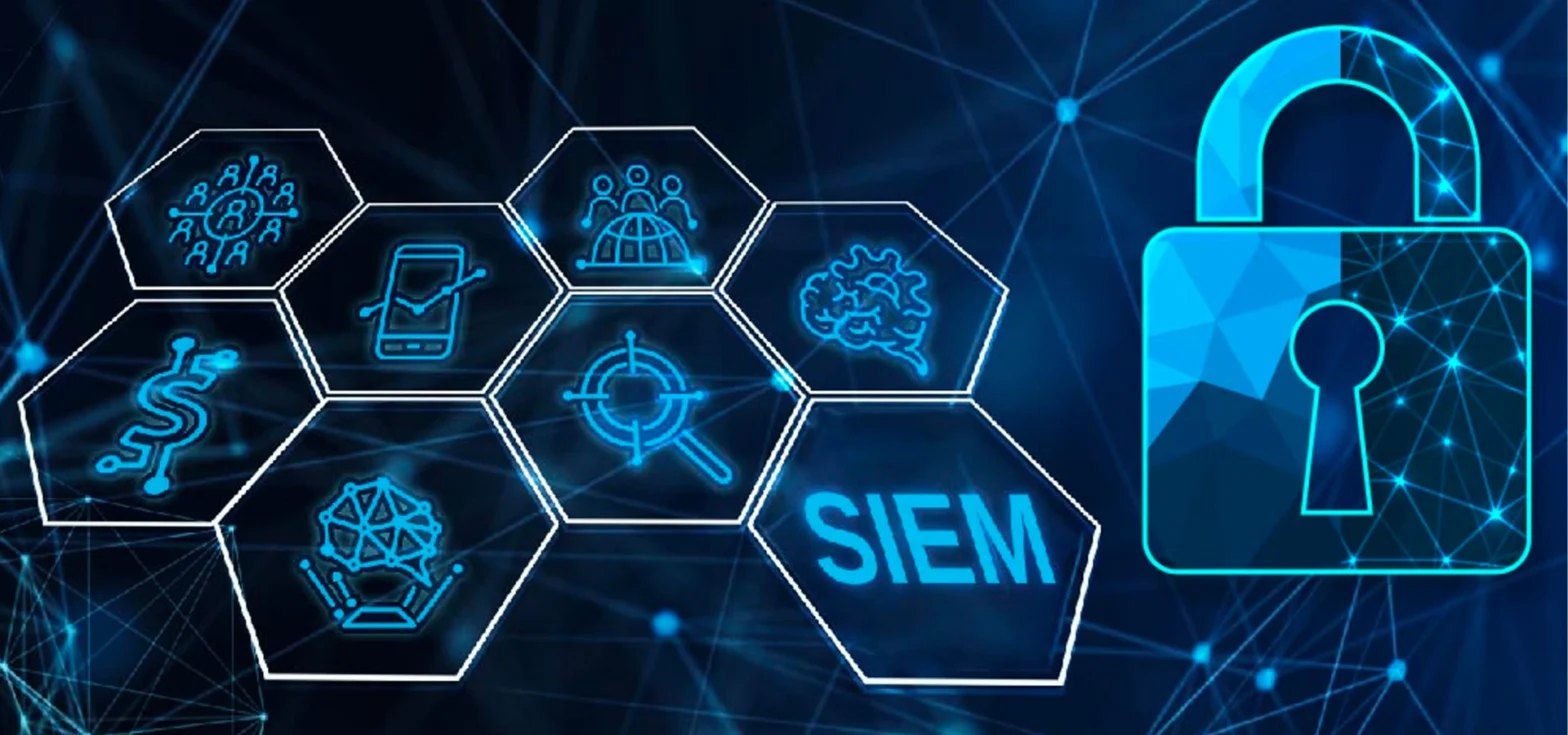
A SIEM assessment gives you clear, measurable insights into how effective your security strategies are. We analyze your systems, processes, and documentation to recommend improvements and help you get the most value (ROI) from your SIEM setup. We start by learning about your environment—your key assets, who might target them, and how.
Key areas we assess
SIEM Health Check & Effectiveness
- Check your current SIEM setup for issues or inefficiencies
- Deliverables: Health Check Report, Logging Coverage Review (what logs you have vs. what’s missing)
Architecture Review
- Analyze how your SIEM is built to see if it’s scalable and well-integrated
- Deliverables: Architecture Diagram Review, Integration Gap Analysis (e.g., missing cloud or EDR logs)
Use Case & Detection Review
- Review existing threat detection use cases and spot any gaps
- Deliverables: Use Case Inventory, MITRE ATT&CK Mapping
Log Source Coverage
- Check that critical systems are sending logs and that they’re being processed correctly
- Deliverables: Log Source Checklist (e.g., AD, firewall, cloud), Parsing & Normalization Review
Alert Tuning & False Positives
- Analyze alert volume to reduce noise and improve accuracy
- Deliverables: Alert Volume Analysis, False Positive Chart, Tuning Suggestions
SIEM Roadmap & Optimization Plan
- Provide a clear action plan to enhance your SIEM over the next 30-90 days
- Deliverables: Roadmap, Recommended Use Cases to Add
Pre-Deployment Readiness Check
- Help you prepare for a new SIEM deployment
- Deliverables: Log Source Inventory, Ingestion Planning, License Usage Estimate (in GB/day or EPS)
Penetration Testing Services
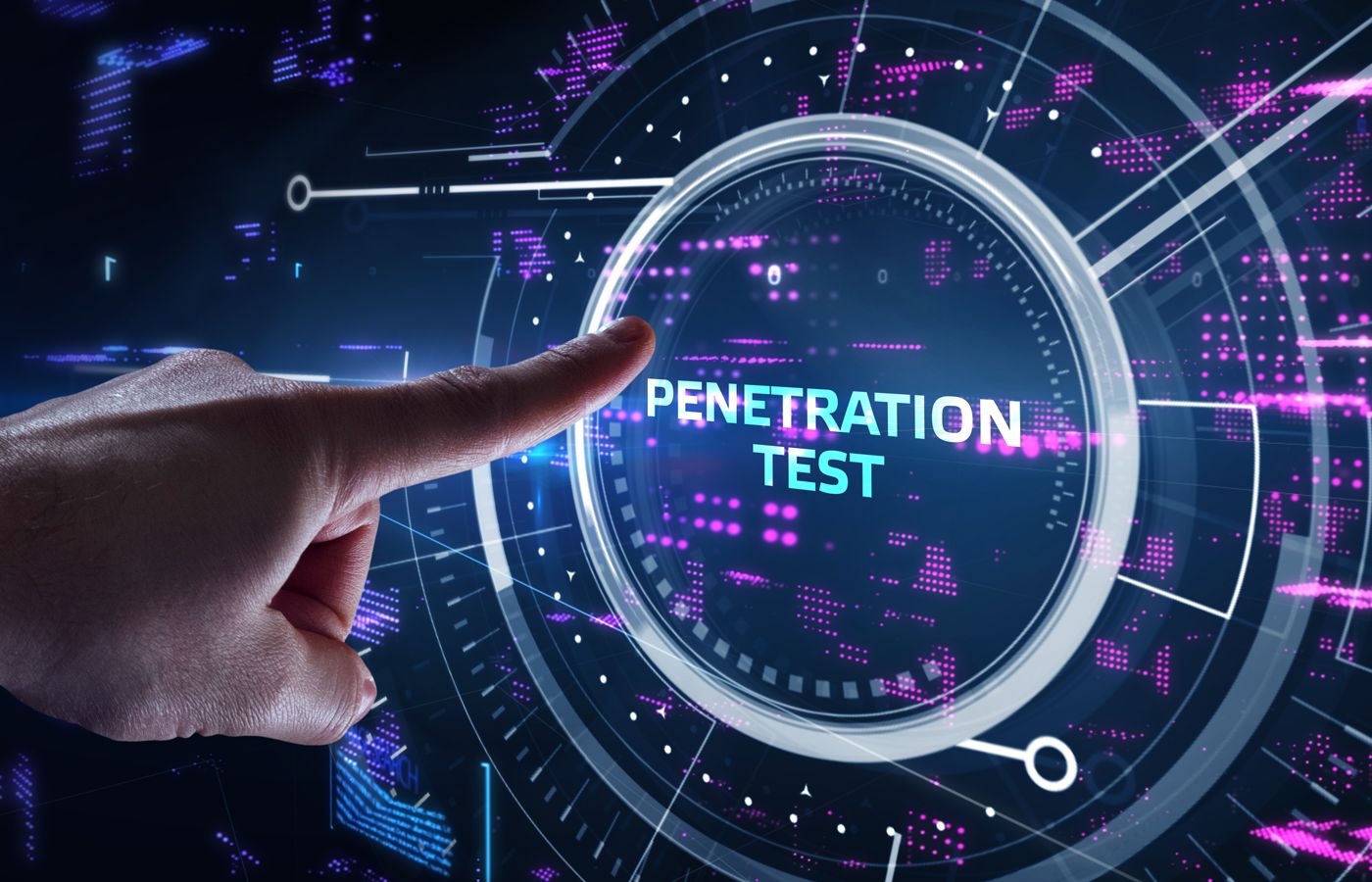
We offers a wide range of penetration testing services to help you spot vulnerabilities and secure your environment before attackers can exploit them.
Key areas we assess
External Penetration Testing
Simulate real-world attacks to see if your perimeter defenses can withstand external threats.
- Manual testing to mimic current threats like pivoting, post-exploitation, and data compromise
- Proprietary tools and expert testers uncovering vulnerabilities
- Risk severity rankings and actionable recommendations
Internal Penetration Testing
Assess how an internal threat could compromise your system after bypassing perimeter defenses.
- Test internal controls, firewalls, and user access restrictions
- Identify insider threats and assess the speed of compromise within your system
- Provide insights for IT teams to improve security
Wireless Penetration Testing
Evaluate the security of your wireless network, often an overlooked area.
- Check how wireless connections might expose internal networks
- Identify vulnerabilities in wireless networks and potential attack pathways
- Security-first approach to testing, beyond just compliance
Mobile Application Penetration Testing
Test mobile apps for vulnerabilities that could affect data security and app integrity on iOS and Android devices.
- Identify vulnerabilities that could compromise app confidentiality, integrity, and availability
- Provide fixes to secure your mobile applicati
Code Review as a Service

Code review is a structured process to improve code quality. Independent developers examine the source code to catch errors, validate architecture choices, and suggest improvements. Using reviewers outside the original team ensures objectivity and higher quality. When done right, code reviews can greatly speed up software development and boost security.
Key areas we assess
Manual Code Review & Security Check
We carefully examine the code for security flaws.
- A detailed report with identified vulnerabilities (e.g., SQL injection, XSS)
- Alignment with OWASP Top 10
- Severity ratings and how to fix the issues
Secure Coding Standards Review
We check if your code follows recognized secure coding practices (like OWASP or NIST).
- A compliance checklist
- Recommendations to enforce secure coding policies
Static Code Analysis
Use automated tools to scan code for issues, then review and refine the results.
- Clear, cleaned-up static analysis report
- False positive review
CI\CD Security Review
Ensure security checks are built into your development pipeline.
- Pipeline security review summary
- GitHub/GitLab code policy suggestions
- Ideas for automated security tests (SAST/DAST)
Internal Code Review Process Setup
Help your team build or improve its own review process.
- Custom code review checklist (security + quality)
- Defined roles and responsibilities
Develop Training & Feedback
We offer coaching to help devs learn from the review.
- Secure code walkthroughs
- OWASP Top 10 training
- Debrief sessions after the review
Phishing Email Service
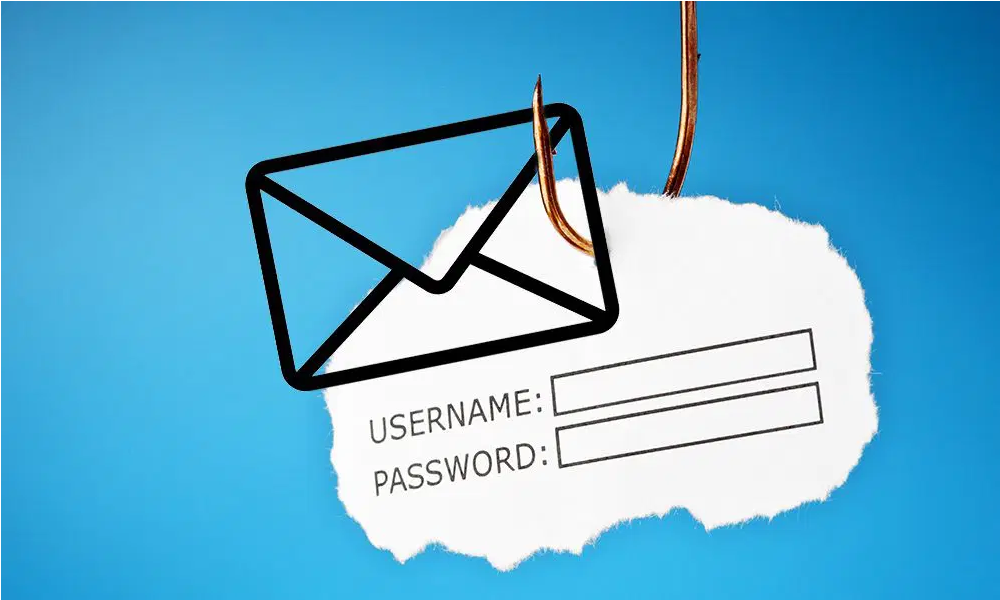
Phishing Email Service tests your employees against real-world phishing techniques. These tests are based on the latest research by Experts. With phish testing as part of your broader security awareness program, your employees can learn to recognize, avoid, and report email-based cyber threats including phishing, impersonation, Business Email Compromise, and ransomware.
Key areas we assess
- Top-Clicked Phishing Email Subjects
- Real World Phishing Examples
- Classic Phishing Email
- Infected Attachments
- Social Media Exploits
- CEO Fraud Scams
- Mobile Phishing
Identity & Access Management (IAM) Program Development
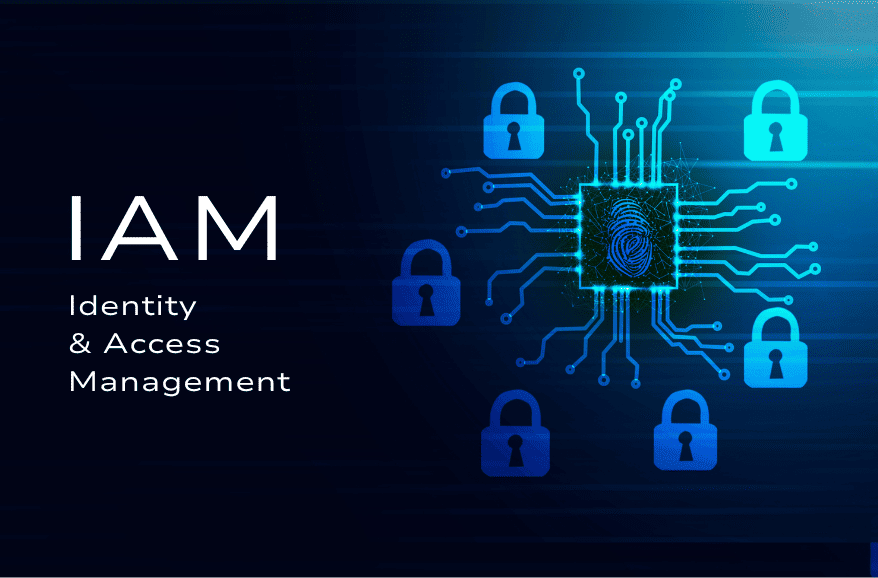
We provide a comprehensive suite of IAM services designed to streamline user access management, reduce risks, and align with security and compliance standards.
Key we assess:
Enterprise IAM Strategy & Roadmap
Develop a strategy to align IAM with your business needs and security requirements.
- Cross-departmental meetings to assess business needs
- Inventorying applications and systems based on risk and importance
- Creating a risk-reduction strategy aligned with compliance frameworks
Access Governance & Least Privilege Implementation
Help implement the least privilege model and secure access to applications and systems.
- Design and implement least privilege policies across systems
- Establish RBAC (Role-Based Access Control) and ABAC (Attribute-Based Access Control)
- Create and manage joiner-mover-leaver workflows for proper access control
Enterprise IAM Tooling & Automation
Deploy IAM tools to enhance security and automate access management processes.
- Deploy enterprise IAM solutions (e.g., Okta, SailPoint, Azure AD)
- Design and automate IAM workflows and approval processes
- Improve compliance posture and reduce identity-related risks
SailPoint IdentityNow & IdentityIQ Implementation
Implement identity governance tools like SailPoint for cloud and on-prem systems.
- Deploy SailPoint IdentityNow for cloud-based IAM
- Configure SailPoint IdentityIQ for on-premises IAM and compliance
- Optimize access provisioning with role mining and identity analytics
User Lifecycle & Access Management Automation
Automate user lifecycle management and access provisioning.
- Implement automated joiner-mover-leaver workflows
- Define roles and entitlements to meet business and security needs
- Automate provisioning and de-provisioning across systems
Privilege Access & Third-Party Identity Mnagement
Secure privileged and third-party access using advanced IAM tools.
- Integrate SailPoint with tools like CyberArk or BeyondTrust for privileged access governance
- Secure third-party and contractor identities with adaptive controls
- Enhance cloud identity security with SailPoint’s AI-powered recommendations
Helping find best PAM Tools, Vendors, and solutions

Whether you’re starting from scratch with no PAM solution (Greenfield) or are unhappy with your current solution (Legacy), our PAM experts will help guide and simplify your journey toward secure privileged access management.
Keys we assess
PAM Package Options
Choose from three pre-designed PAM packages or a fully customized solution tailored to your needs.
- Suitable for organizations at any maturity level, from Greenfield to Legacy.
Free Initial Workshop
Start with a free workshop to assess your needs and provide high-level recommendations for your PAM journey.
Comprehensive PAM Roadmap
Receive a complete PAM roadmap, including transition plans and timelines for implementation.
- Fully budge table costs for the next 3-5 years.
Assessment & Review
Assess your existing technology and privileged access landscape.
- Review the current management of privileged accounts.
High-Level Recommendations
Provide a target PAM maturity model, architectural design, and migration planning.
- Implementation plan to manage up to 8 privileged accounts across multiple environments.
Detailed Planning & Workshops
Use case documentation and application integration planning.
- Seven individual workshops to guide you through the process.
With over 30 partner collaborations, we offer a neutral, unbiased analysis to help you choose the best-fitting PAM solution for your organization.
Virtual CISO (VCISO) Program Services
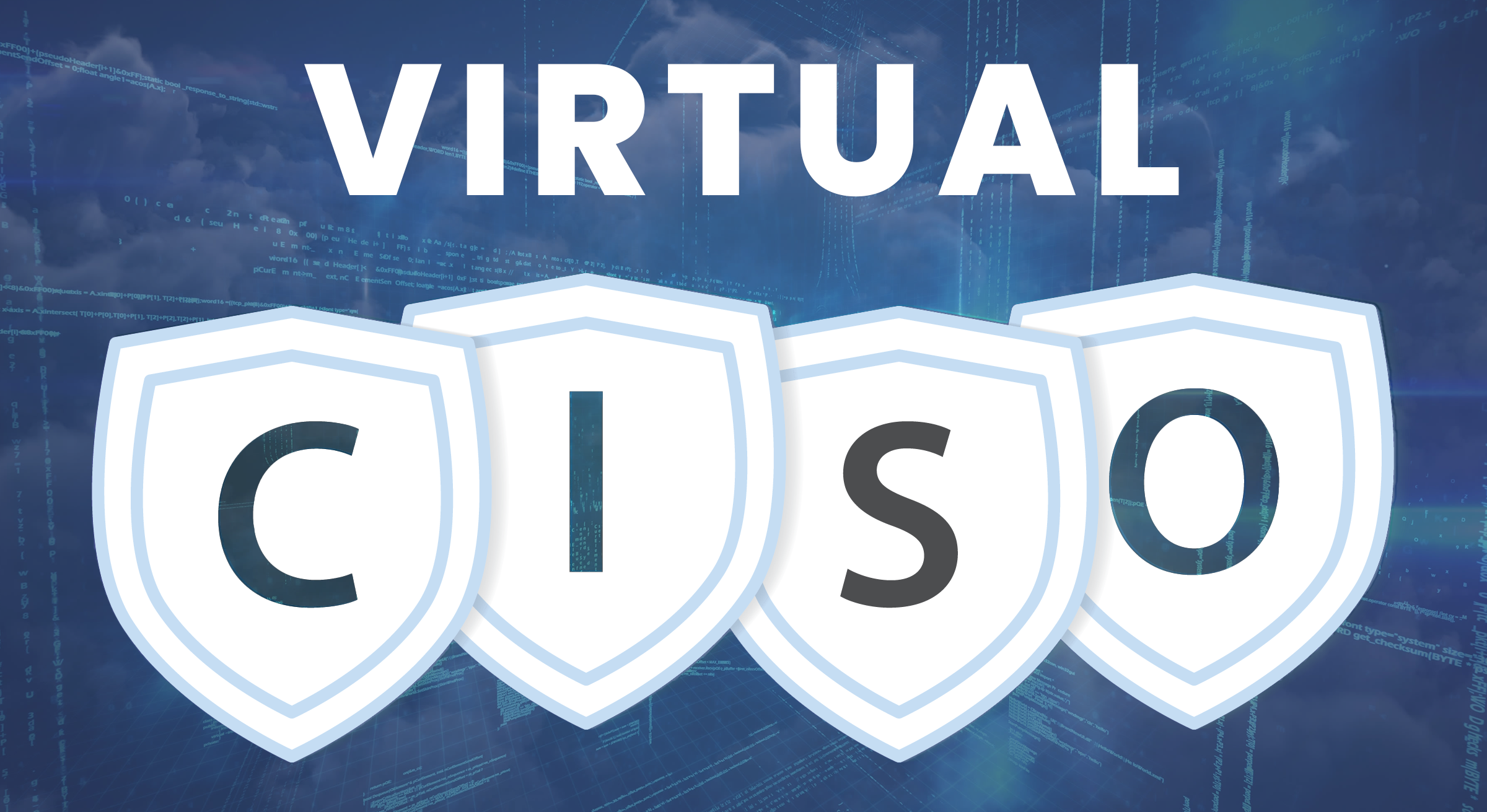
WE provide expert virtual Chief Information Security Officers (vCISOs) to lead your security efforts, ensuring your organization is protected from modern threats while meeting regulatory requirements.
Keys we assess:
Security Program Development
Build or enhance your cybersecurity program based on industry best practices.
- Information Security Strategy Document
- 12-month security roadmap
- Security Program Charter
- Gap analysis using frameworks like NIST CSF, ISO 27001, CIS Controls
Policy & Governance Framework
Implement and optimize key security policies and governance processes.
- Policy templates (e.g., Acceptable Use, Incident Response)
- Governance structure documentation
- Policy gap analysis
Security Risk Assessment
Identify and prioritize security risks across your people, processes, and technology.
- Risk Register
- Detailed Risk Assessment Report
- Risk Treatment Plan
- Executive summary for leadership
Third-Party Risk Management
Manage vendor risks through reviews, due diligence, and onboarding.
- Vendor risk scorecards
- Third-party risk policy
- Security questionnaires
Compliance Readiness & Advisory
Guide you in meeting key compliance standards like ISO 27001, SOC 2, and NIST.
- Compliance gap analysis and roadmap
Security Awareness & Training Oversight
Build and manage a comprehensive security training program.
- Training calendar and modules
- Phishing simulation management
- Metrics and improvement reports
Incident Response Oversight
Assist in creating and reviewing incident response plans and advise during incidents.
- Incident Response Plan
- IR Playbooks
- Tabletop exercise materials
Board & Executive Reporting
Help translate technical security issues into business-friendly reports for leadership.
- Monthly/quarterly risk dashboards
- Executive briefing slides
- Security KPI reports
- Cybersecurity budget justification support
AI for Cyber Security: Leverage AI Consulting

we combine cutting-edge artificial intelligence with deep cybersecurity expertise to defend your organization against evolving threats. Our AI-driven solutions enable faster detection, smarter response, and proactive threat prevention — helping you stay ahead in an increasingly complex threat landscape. Whether it’s enhancing your Security Operations Center, detecting insider threats, or automating threat response, our tailored AI cybersecurity services are designed to strengthen your defenses, reduce risk, and ensure resilience. Partner with us to secure your future with the power of intelligent protection.
Keys we assess:
AI Readiness Assessment
Find out if you’re ready to use AI/ML in your security operations.
- Evaluation of your data quality and availability
- Identification of tooling gaps
- Scoring potential use cases (e.g., anomaly or phishing detection)
- AI Readiness Scorecard
- Recommendations on where AI fits best
Vendor Evaluation & Tool Selection
Help you choose the right AI-driven security tools.
- AI-based threat detection (e.g., Darktrace, Vectra)
- AI-enhanced SOC tools (e.g., Microsoft Security Copilot, Cortex XSIAM)
- Behavior analytics (UEBA)
- ML-supported SIEM/XDR platforms
Custom AI/ML Use Case Design
Work with you to build or plan tailored AI-driven detection or automation solutions.
- Use case documentation (e.g., detecting insider threats with ML)
- Required data inputs
- High-level AI/ML workflow diagrams
- Integration roadmap for SIEM, SOAR, or data lakes
AI Risk & Governance Consulting
Manage the risks that come with AI in security environments.
- AI model risk analysis
- Checks for bias and transparency
- Alignment with AI ethics frameworks (e.g., NIST AI RMF)
- Policy and governance recommendations
Adversarial AI & Threat Modeling
Understand how attackers might exploit or evade AI systems.
- Threat model for AI
- Risk overview of adversarial ML (e.g., model poisoning, evasion)
- AI attack surface mapping
- Defense strategies
GenAI Security Use Case Review
If you use tools like ChatGPT or Copilot, we help assess and manage risks.
- Usage policies for GenAI tools
- Threat scenarios (e.g., prompt injection, data leaks)
- Detection and prevention recommendations
Data Classification & Protection

We offer a customized approach to data classification and
protection, starting with an in-depth assessment of your organization’s
specific data protection needs. From there, we develop a comprehensive strategy
that ensures your data is properly classified and protected.
Keys we assess:
Data Protection Assessment Report
- Purpose: Evaluate the organization’s data protection practices and find any gaps or weaknesses in how data is managed and secured.
- Deliverable: A report analyzing current data classification, access controls, encryption, and compliance.
- Example: The report might point out weaknesses in data storage or encryption and provide actionable suggestions for improvement.
Data Classification Strategy Development
o Purpose: Help create a customized data classification plan based on your assessment.
o Deliverable: A document detailing how to classify data, set up access controls, and apply encryption.
o Example: Assisting a healthcare organization in classifying and securing patient data in line with HIPAA standards.
Policy and Procedure Review/Update
- Purpose: Review and update the organization’s policies to meet current data protection laws and best practices.
- Deliverable: Updated documents on data access, protection, retention, and compliance.
- Example: Updating a financial institution’s data retention policies to meet new GDPR requirements.
Implementation Roadmap
- Purpose: Help the organization implement the data protection strategy and ensure it is followed.
- Deliverable: A plan with timelines, tasks, and milestones for implementing the strategy.
- Example: If encryption tools need to be deployed, the roadmap will outline the stages from testing to full implementation.
Training and Awareness Programs
- Purpose: Educate employees on data protection best practices.
- Deliverable: Training sessions or materials focused on secure data handling, classification, and encryption.
- Example: Providing training for a tech company’s employees on securely managing classified data and understanding data protection protocols.
Compliance Support
- Purpose: Help ensure the organization’s data protection strategy complies with relevant regulations (like GDPR, HIPAA, CCPA).
- Deliverable: Compliance checklists or audits to identify gaps and show how to fix them.
- Example: Assisting a retail company to align its customer data practices with CCPA regulations.
GRC Services

We support organizations in building or enhancing their GRC programs to strengthen security, manage risk, and meet compliance goals.
Keys we assess:
GRC Framework Design
Build or improve your GRC structure from the ground up.
- GRC Program Charter
- Policy management process design
- Visual governance structure diagram
Risk Management Services
Help you identify, assess, and manage business and security risks.
- Risk Register (Excel or ready for GRC tools)
- Risk assessment reports with actionable insights
Compliance Management
Align your organization with key frameworks like ISO 27001, SOC 2, NIST, and more.
- Compliance gap analysis
- Policy and control documentation
- Audit readiness reporting
Internal Audits & Control Testing
Conduct or support internal audits to test the effectiveness of your controls.
- Review findings and provide improvement recommendations
Policy Lifecycle Management
Simplify the creation, tracking, and updating of your security and compliance policies.
- Policy inventory with a review/update schedule
- Ready-to-use policy templates (e.g., access control, data protection)
Training & Awareness
Educate your team on GRC fundamentals to build a security-aware culture.
- Training on risk management processes
- Governance best practices for leadership and staff
